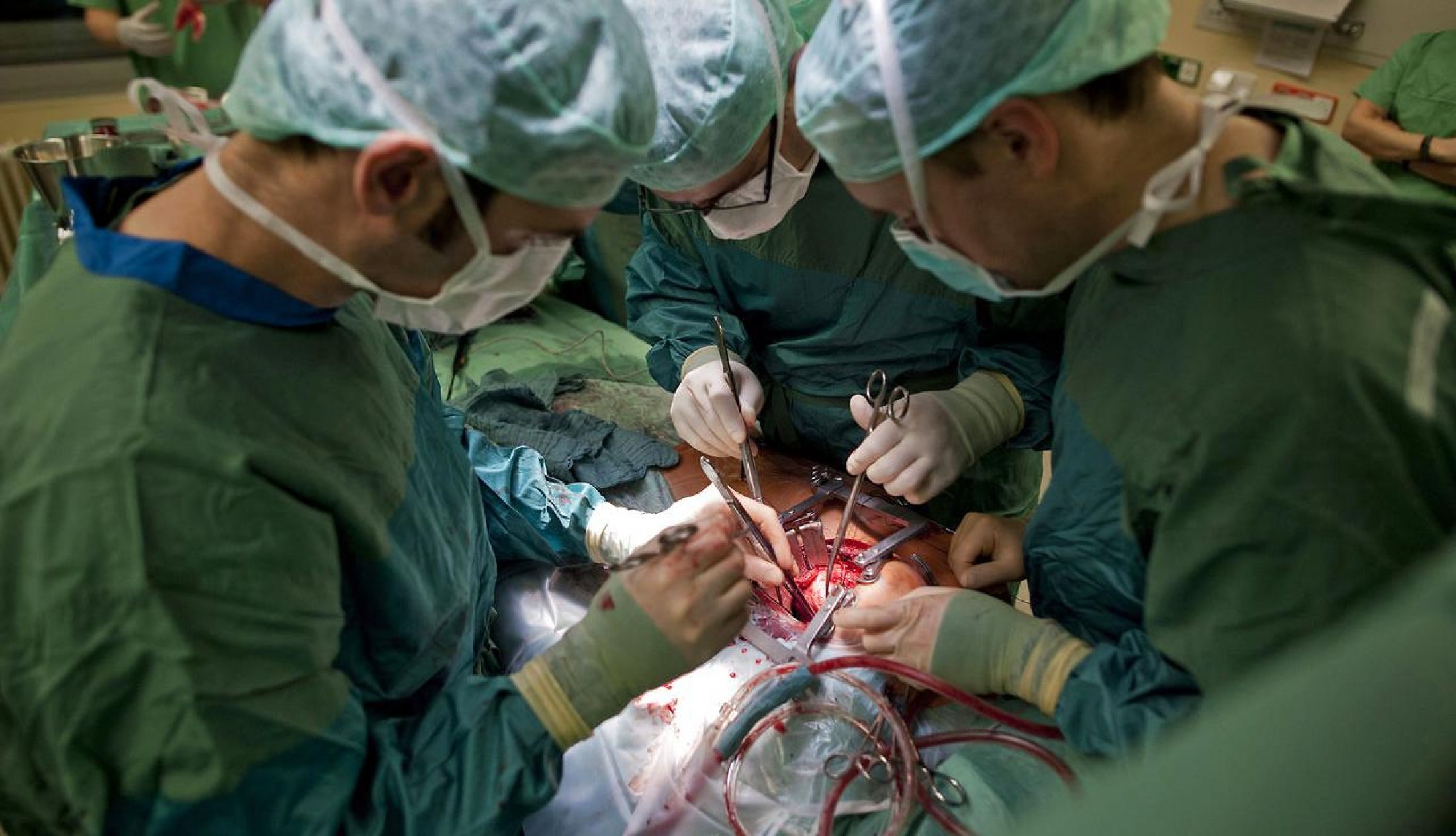Among organ transplant patients, those receiving new lungs face a higher rate of organ failure and death compared with people undergoing heart, kidney, and liver transplants. One of the culprits is inflammation that damages the newly transplanted lung.
Now, researchers at Washington University School of Medicine in St. Louis and Northwestern University Feinberg School of Medicine in Chicago have uncovered the precise cells that flow into and harm the lung soon after transplant. The resulting dysfunction is the leading cause of early death after lung transplantation and contributes to organ rejection that can lead to death months or years later. The discovery, in mice, may lead to drug therapies that target the destructive cells.
“More than 50 percent of lung transplant patients experience some lung damage after a transplant” says Daniel Kreisel, MD, PhD, surgical director of lung transplantation at Washington University and Barnes-Jewish Hospital, where he treats patients. “Eliminating this problem would increase the success of lung transplants.”
The study is published online in The Journal of Clinical Investigation.
Early lung damage typically occurs in the 72 hours following surgery, says Kreisel, the study’s senior co-author and a Washington University professor of surgery and of immunology and pathology. When a lung is removed from a donor, it is flushed with a cold preservation fluid and placed on ice, where it is deprived of blood and oxygen. The damage typically occurs after the lung is surgically implanted and the recipient’s blood enters the lung for the first time. The recipient’s white blood cells seep into the transplanted lung and trigger inflammation that harms the organ’s tissue. Affected patients can require extended time on a ventilator in the hospital or even a lung bypass machine to give the new lung a chance to recover.

The condition is a big reason why the success of lung transplants trails behind other solid organ transplants. Five years after lung transplantation, about half of the transplanted lungs are still functioning, according to the U.S. Organ Procurement and Transplantation Network. This compares with five-year organ survival rates of about 70 to 80 percent for liver, heart, and kidney transplants.
“Lungs are unique, fragile organs that are particularly susceptible to early damage,” says Hsi-Min “Jim” Hsiao, PhD, a staff scientist in Kreisel’s laboratory and the study’s co-first author. “Treatment is largely supportive as the condition is not well-understood. Our research identifies a population of inflammatory cells called monocytes that are key instigators to the inflammation. We are hopeful that these findings will help with the development of new therapies for lung transplant patients.”
Studying mice that had undergone lung transplants, the researchers found that monocytes are rapidly released from the spleen after lung transplantation. These cells infiltrate the newly transplanted lung and then produce a protein called interleukin 1 beta, which, in turn, invites in the tissue-damaging white blood cells known as neutrophils.
“Understanding the mechanisms of this damage is important in developing novel therapeutic agents to treat or prevent the condition in lung transplant patients,” Kreisel says. “We already have interleukin-inhibitor drugs for treating other inflammatory diseases. The next step is to test whether this type of drug can tamp down on the inflammatory cells that cause lung failure.”
Kreisel shares senior authorship of the study with Ankit Bharat, MD, an associate professor of surgery at Northwestern University. Bharat completed his residency and fellowship training in surgery at Washington University.
“This study is a fundamental advancement in our understanding of early lung injury after transplantation,” Bharat says. “We are excited because the findings build on our past research. The work demonstrates the complex yet fascinating interaction between the host’s immune cells and the freshly transplanted lung. The study also introduces clinically relevant therapies that may extend the lives of lung transplant patients.”
Besides researchers at Washington University and Northwestern University, scientists at the University of Virginia, Charlottesville, also contributed to the study.




